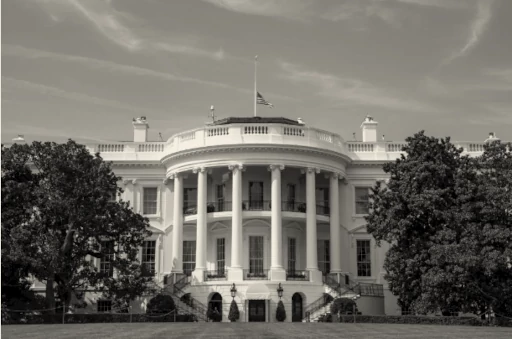
The week’s top 5 Global Ethics stories, summarized.
Our top story this week is Cyprus introducing a code of ethics for its cabinet. Codes of ethics play a vital role in maintaining government transparency and fostering public trust. When implemented effectively, they serve as a compass guiding the actions of public officials, ensuring that they act in the best interests of the citizens they serve.
One prime example of the success of codes of ethics is found in Scandinavian countries like Denmark, Sweden, and Norway. These nations have consistently ranked high in global transparency indexes. Their comprehensive codes of ethics demand accountability, discourage corruption, and instill a culture of public service. Government officials are held to stringent ethical standards, fostering a sense of responsibility to the public. This approach has created a transparent political environment where citizens can readily access information and engage with the government.
In the United States, the federal government and various states have also adopted codes of ethics. These codes are aimed at maintaining the integrity of public servants, ensuring they remain loyal to the principles of justice and public welfare.
Codes of ethics have proven effective in multiple countries, demonstrating that they are a cornerstone of open, accountable, and transparent governance. Such codes not only set clear standards but also send a powerful message that public officials are bound by a commitment to serve the people with integrity. While no system is entirely foolproof, the existence of strong codes of ethics represents a significant stride toward government transparency and upholding the public’s trust. It is crucial for nations to continually update and enforce these codes to maintain transparency in an ever-evolving political
Cyprus Law Commissioner ‘welcomes’ cabinet code of ethics approval Cyprus takes a significant step towards promoting transparency and integrity in the government. The establishment of a code of ethics for the cabinet sets clear guidelines for ethical conduct within the administration, which is vital for maintaining public trust and ensuring accountability in decision-making. This development reflects a commitment to upholding ethical standards in governance, potentially enhancing the overall ethical climate within Cyprus’ political landscape.
Neurorights: Between ethics and law Neurorights refer to the emerging field of rights related to cognitive autonomy, mental privacy, and brain integrity in an era of advancing neurotechnology. The key takeaway is that as technology evolves, ethical and legal frameworks must adapt to safeguard individuals’ cognitive and neural privacy, ensuring they have control over their mental processes and data. By recognizing neurorights, society can address the ethical challenges presented by neurotechnology and create legal safeguards to protect individuals’ cognitive freedoms and privacy. This underscores the importance of staying ahead of neurotechnological advancements to uphold fundamental human rights.
Improving Ethics and Compliance Programs: Insights from the 2023 Global Business Ethics Survey This podcast with Pat Harned, CEO of ECI (Ethics & Compliance Initiative) is worth a watch for compliance professionals. Harned’s findings indicate a growing emphasis on ethical conduct and compliance within the business world. The survey reveals an increased commitment to ethical practices and compliance across industries. It discusses the integration of technology and artificial intelligence to streamline compliance efforts, emphasizing the role of innovation in this domain. The findings suggest that businesses are recognizing the importance of staying ethically compliant to maintain trust and credibility, with many organizations actively seeking innovative solutions to enhance their compliance strategies.
How to Protect Your Packages—And Your Ethics This investigative report finds that as doorbell cameras have become increasingly prevalent, so have concerns regarding data privacy and the ethical dilemmas they pose. One major moral dilemma involves Ring’s close relationship with law enforcement and the sharing of camera footage through the Neighbors platform, which has raised ethical questions. Over 2,600 police and fire departments partner with Ring, granting them direct access to user-generated content, which has led to concerns about privacy and surveillance. The article advises potential camera buyers to consider factors like company policies, vulnerability to hackers, and data ownership.
AI Ethics Aren’t Optional. Full Stop. This opinion piece interprets ETHICS as an acronym for various key stakeholders in the ethical AI landscape. Executives (E) are tasked with shaping a culture of ethical AI within organizations. Technologists (T) must ensure AI applications are comprehensible and secure. Human Rights advocates (H) scrutinize AI for its impact on individuals’ rights. Industry experts (I) act as guides, offering insights and expertise. Customers and users (C) provide feedback and testing, while society-at-large (S) plays a role in shaping inclusive AI. The article encourages collaboration and education among these stakeholders to ensure the ethical development of AI, especially as AI progresses towards artificial superintelligence (ASI). It emphasizes the urgency of addressing AI ethics now to prevent excessive government regulation in the future.
